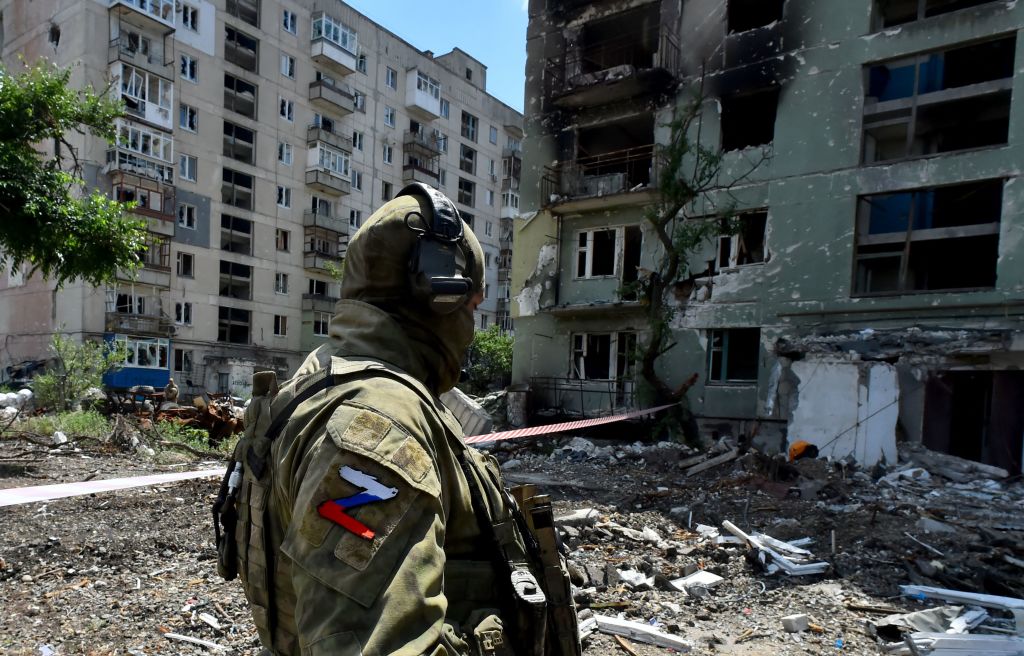ISW: Wagner Group boss Prigozhin denies that relations with Russian military have improved
Kremlin-backed private mercenary Wagner Group boss Yevgeny Prigozhin denied an assessment by the Institute for the Study of War that relations between Wagner and the Russian military ahead of Ukraine's planned counteroffensive had improved, the ISW said in its latest war update.
The D.C.-based think tank on April 22 reported that the Russian military command "may have partially repaired its strained relationship with Prigozhin," whose troops are fighting along regular Russian forces in Ukraine, in order to convince Russian dictator Vladimir Putin to hold the current front line in anticipation for the counteroffensive.
The D.C.-based think tank also reported that it had observed a "dramatic change" in the tone of Prigozhin's public statements about the Russian military starting in early April.
At the same time, the ISW observed that Russia's Defense Ministry began to acknowledge Wager forces in its daily briefings and had been providing the private mercenary group with ammunition and mobilized personnel since early April.
Prigozhin called the ISW’s assessment a "fake," saying he wouldn't “exchange ammunition for (his) guys even for friendship with God,” the think tank reported.
Prigozhin has gone back and forth from criticizing the Russian army operations in Ukraine to softening his rhetoric, in both cases often looking for leverage in order to secure more ammunition for his troops fighting in Ukraine from Russia's Defense Ministry or to deflect blame for losses.
The Wagner Group, a private military company, is controlled by the Kremlin through Prigozhin, a Russian oligarch and close friend of Putin who is often dubbed “Putin’s chef” because of a company of his that provides food catering to the Kremlin.
The group is known for its human rights abuses all over the world, particularly in Syria, Mali, and now Ukraine. Since the start of Russia's full-scale invasion, Wagner has committed up to 50,000 of its troops to the war against Ukraine, according to U.K. Defense Ministry estimates. Many of Wagner troops are convicts recruited from Russian prisons.
Recently, two former Wagner mercenaries told Russian opposition media outlet Gulagu.net how they had allegedly killed dozens of Ukrainian civilians, including children, as well as prisoners of war when fighting in Donetsk Oblast. On April 23, Prigozhin said he would instruct his mercenaries not to capture prisoners of war.











